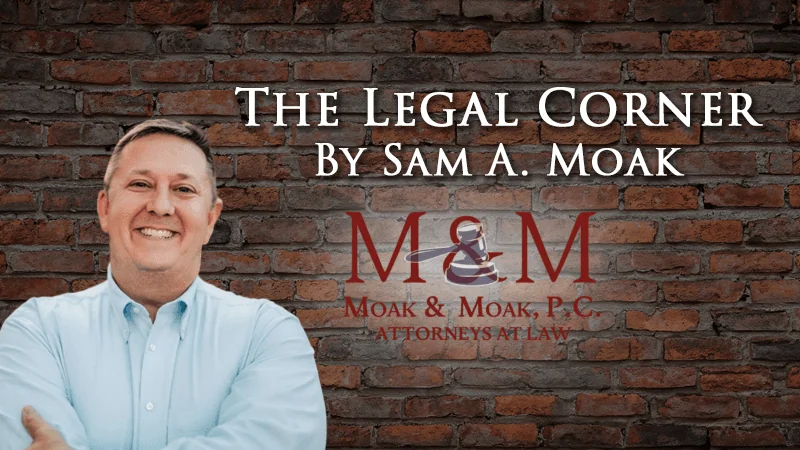The information in this column is not intended as legal advice but to provide a general understanding of the law. Any readers with a legal problem, including those whose questions are addressed here, should consult an attorney for advice on their particular circumstances.
Many folks I have counseled tell me they have added a trusted adult child to their financial accounts. Their reasoning is that it gives the child access to help them.
That is a perfectly reasonable step to take, but it is important to consider the ramifications, especially as it may affect federal deposit insurance for accounts insured by the Federal Deposit Insurance Corporation (FDIC). Of course, another overriding consideration having more to do with human nature than federal regulations is whether there is a trusting relationship between or among everyone whose name is on an account.
Joint Bank Accounts
Under FDIC rules, a joint account is a deposit account owned by two or more people who have equal rights to withdraw all of the deposits and to close an account. Married couples, assuming they want to share the funds in the account, like the convenience of such a joint account so that either person can write checks on the account and pay bills from it. At an FDIC-insured institution, each co-owner is insured for up to $250,000 for his or her share in all joint accounts in that institution. But if all persons on the account do not have equal withdrawal rights, the account will not necessarily be FDIC insured up to the same amount as for a true joint account under FDIC rules.
A significant risk exist when you add another to your account, it puts your assets at risk. I often consult with clients who have added a child to their account. While they may complete trust in that child, there are factors that should be considered. If you have added a child to your bank account and that child is sued as the result of an accident, divorce or contract dispute, those attorneys do not care that the account is yours. Likewise, if your child is audited, the Internal Revenue Service will not care that it is your account. Another example is if that child is hospitalized and can’t pay their bill. If they are on your accounts, the attorneys for the hospital can place a lien against your account with the child’s name on it. These are all real life experiences I have dealt with.
If the goal is to give someone limited access to a bank account when needed but not to grant ownership rights to the account, an alternative is to grant that person a power of attorney. Powers of attorney, which typically authorize someone to represent or act on another’s behalf in financial matters, can be crafted to permit the desired amount of access to bank accounts.
Credit Card Accounts
There are two different ways to give a second person the ability to use a credit card. Making that person a co-owner means that he or she will be financially responsible for all of the debt incurred with the credit card, regardless of which co-owner authorized a particular charge. In the alternative, an authorized user of the card may or may not be financially responsible for the debt, depending on the cardholder agreement. The card owner can put restrictions on authorized users, such as how much debt the authorized user can incur with the card.
Cosigning Loans
Succinctly put, a cosignor on a loan has agreed that the creditor can look to him or her for satisfaction of the debt if the debtor does not pay the debt. This obligation may well extend to any late fees and collection costs made necessary by the debtor’s delinquency. On top of that, the cosignor’s own credit rating could take a hit if the debtor doesn’t pay the debt or pays it late. All in all, the watchwords for cosigning on a loan are “proceed with caution.”
If you want someone to assist you with paying bills or managing your accounts, then you should consider talking to an attorney about the benefits of a Durable Power of Attorney. Additionally, seeking legal advice before you cosign on a loan, would be a wise decision.
Sam A. Moak is an attorney with the Huntsville law firm of Moak & Moak, P.C. He is licensed to practice in all fields of law by the Supreme Court of Texas, is a Member of the State Bar College, and is a member of the Real Estate, Probate and Trust Law Section of the State Bar of Texas www.moakandmoak.com


